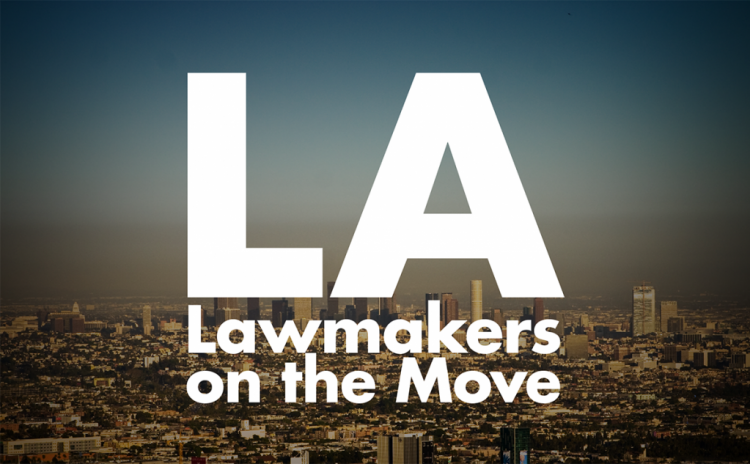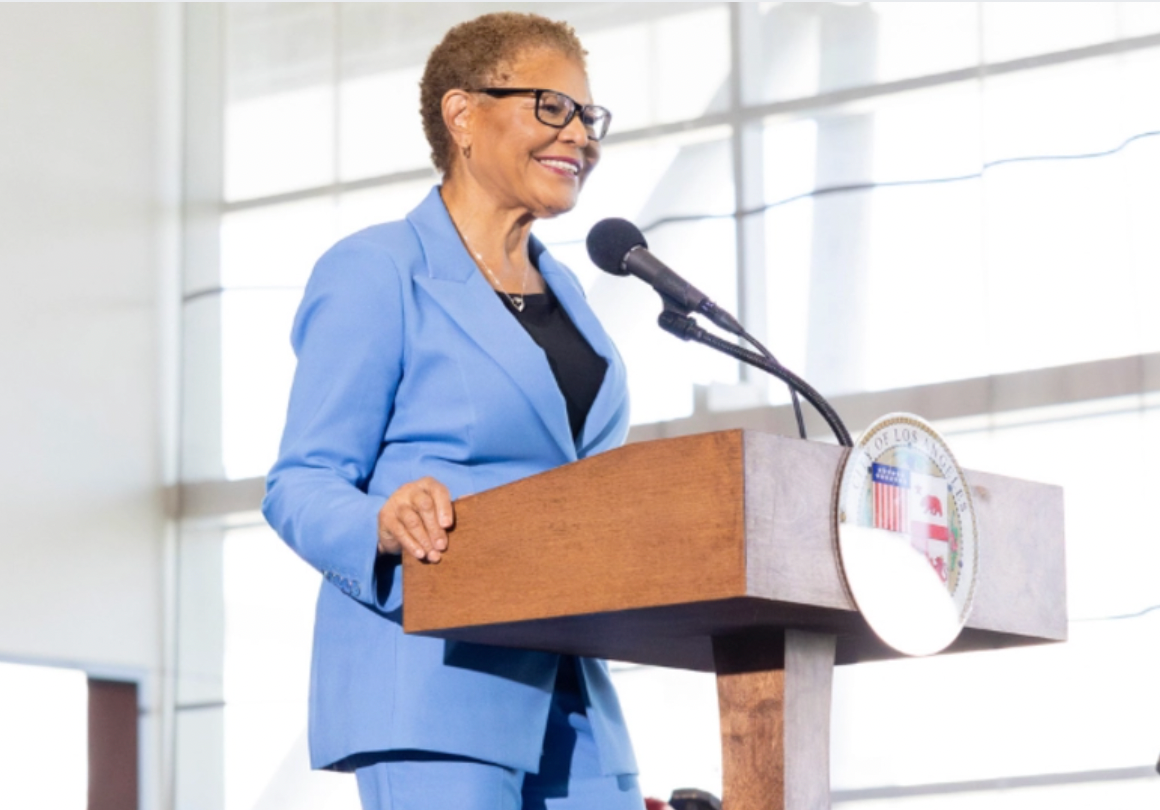Santa Clarita lassos Hart Park

Santa Clarita Mayor Bill Miranda and the City of Santa Clarita announced yesterday that the Los Angeles County Superior Court accepted their petition to transfer historic William S. Hart Park ownership from the county to the city.
Located in the heart of Newhall and spanning nearly 160 acres, the Park is the last remaining County-owned park within the City’s boundaries, making this transition a historic moment for local park stewardship.
“This is an exciting day for our community,” said Miranda. “Hart Park holds a special place in the hearts of Santa Clarita residents. From its rich history to its open spaces, this Park is an irreplaceable part of our community’s identity. We are proud to ensure it will continue to be protected, maintained and enjoyed by generations to come. We are especially grateful for the leadership and support of [Los Angeles County] Supervisor Kathryn Barger, whose dedication helped make this transition possible.”
The park is named after famed silent film actor and Western star, William S. Hart, and has long been a cultural and recreational hub in Santa Clarita. Featuring the historic Hart Mansion, barnyard and scenic trails, the Park is a cherished part of the City’s heritage.
As part of the transfer process, the City and County were required to go through probate court to ensure the transfer aligned with the terms of Hart’s will. The City is currently targeting to begin William S. Hart Park operations on July 1, 2025.
Santa Monica’s drinking binge

Santa Monica Mayor Lana Negrete and the city council yesterday approved a new Entertainment Zone for the iconic Third Street Promenade shopping district, which will allow open drinking of alcoholic beverages on the 1200-1400 blocks of the Promenade, between Wilshire Boulevard and Broadway.
The Entertainment Zone will be the first in Southern California, made possible by California’s Senate Bill 969, which went into effect this year, allowing local governments to create designated outdoor areas where open container prohibitions are lifted for beverages purchased from participating restaurants and bars.
“The new Entertainment Zone will provide a unique way for visitors to experience the iconic Third Street Promenade that caters to the new trends in shopping and dining,” said Negrete. “It is an example of the many ways Santa Monica is thinking creatively about our economic growth and I’m excited to see more residents and visitors supporting our downtown businesses while responsibly enjoying the Entertainment Zone.”
The Entertainment Zone will begin a soft rollout in early June. The initial hours will be 6 pm to 2 am, Friday through Sunday. The official launch is set for the city’s annual Pride on the Promenade celebration on June 21.
Lackey addresses court shortages

Assemblyman Tom Lackey (R-Palmdale) announced yesterday legislation (AB 1189) to modernize and strengthen the California court reporting system.
The bill proposes a balanced, forward-looking approach that protects the integrity of the legal record while expanding the pool of qualified professionals through the certification of digital court reporters and legal transcriptionists.
California courts have been grappling with a mounting constitutional crisis. Between October 2023 and August 2024, over 1.2 million civil, family law, and probate hearings have taken place without a verbatim record, according to the Judicial Branch of California.
The shortage of certified court reporters poses profound implications for litigants, especially those from low-income or underserved communities. These litigants are often unable to appeal important decisions in the absence of an official transcript or who cannot afford to pay for their own court reporter.
“You don’t have to imagine the trauma of someone unable to appeal a decision over child custody, paternity or conservatorship. It’s reality. It’s happening every day across our courts” said Lackey.
Lackey’s legislation addresses this urgent gap by formally recognizing digital reporting as a valid and reliable method for capturing legal proceedings. It would establish a state-run certification process for digital court reporters—highly trained professionals who use advanced audio recording technology—and for legal transcriptionists responsible for producing official transcripts from those recordings.















